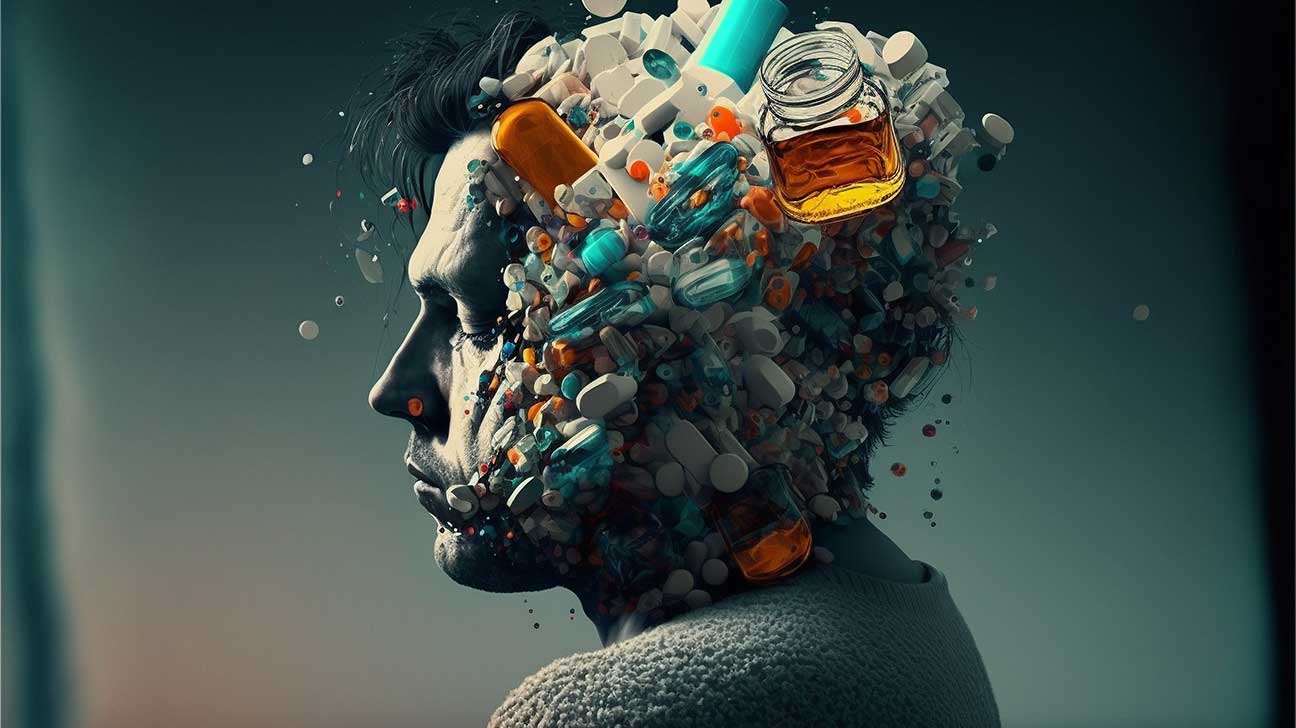
Self-stigma is defined as having a negative idea or attitude about yourself. There are many reasons self-stigma occurs, including health conditions such as mental illness or drug addiction.
The effects of self-stigma can include low self-worth, embarrassment, and poor self-esteem. It may also interfere with someone’s capability to seek an appropriate level of treatment.
There are several ways for people facing substance use disorders to reduce self-stigmatization and take a more positive outlook on their lives and outlooks on recovery.
Types Of Stigma
Stigmatization can be divided into at least two domains that exist around mental health and addiction.
Both forms of stigmatization can worsen the effects of a mental condition or substance use disorder, leading to negative coping strategies and delayed progress in recovery.
Self-Stigma
When a person engages in self-stigma, they have negative beliefs and attitudes about their own mental health or addiction.
According to studies cited by the National Institute of Health (NIH), self-stigma may be greatly influenced by publicly held prejudices, also referred to as public stigma.
Public Stigma
Public stigma refers to the reaction of the general public toward a stigmatized group. This can include stereotypes, judgments, and discrimination.
Public and private stigmas are barriers that prevent many people from getting the mental and behavioral health care they need.
Ways To Overcome Self-Stigma With Addiction
There are a number of tools that people can utilize to overcome the self-stigma of drug and alcohol abuse.
Keep reading to learn more about helping yourself or a loved one facing self-stigma.
Look At The Facts Regarding Drug And Alcohol Misuse
Verifying the facts regarding addiction may help refute negative beliefs. This can take the form of looking at data or simply reviewing personal experiences.
Addiction develops when the reward circuits in the brain are chronically overwhelmed with dopamine from the use of substances such as cocaine, heroin, and methamphetamine.
Over time, the brain adapts to the addictive substance and becomes less sensitive to dopamine. As tolerance increases, people must use more of the drug to achieve the same pleasurable effect.
Understanding that addiction cannot always be overcome with willpower alone can help reduce self-stigma and motivate people to get the treatment they need to recover.
Speak Out About Stigma
Once the facts about substance abuse are understood, they can be used to educate others.
Reminding others that using derogatory language such as “junkie,” “tweaker,” or even “addict” is harmful can help promote a more sensitive culture.
Challenging myths and stereotypes that exist in society may, over time, change the national conversation about addiction.
Focus On Empowering Yourself
Self-empowerment can include sharing your own diagnoses with other people and becoming more comfortable talking about issues surrounding substance use and mental illness.
Educating yourself about addiction and passing on the facts to those around you may positively affect others’ behavior as well.
Other ways to empower yourself may include listening to positive stories of recovery and showing your support to those with mental and behavioral health issues.
Realize That You’re Not Alone
According to the National Center for Drug Abuse Statistics, over 20 million Americans over the age of 12 are affected by substance use disorders.
Many people with addiction and co-occurring mental health disorders avoid getting medical help due to the stigma surrounding their condition.
Realizing that you’re not alone in your journey and finding peers experiencing the same issues can reduce feelings of loneliness and self-stigmatization. Take comfort in knowing that you are not alone and that there are a plethora of resources available to you.
Seek Help
One of the most important steps a person can take is to talk to their therapist or doctor about getting drug and alcohol addiction treatment.
A substance abuse treatment program can help address the physical effects of addiction as well as any underlying mental health issues that are exacerbating a person’s compulsion to use substances.
Effects Of Self-Stigma With Substance Abuse
Below are some of the effects that self-stigmatization can have on someone’s quality of life and health outcomes.
Ongoing self-stigma may result in:
- the weakening of current relationships, or making it more difficult to form new meaningful relationships
- a lack of motivation to seek the mental or behavioral health services needed to recover
- a loss of self-respect
- a diminished sense of self-efficacy, or the ability to carry out a task successfully
- an increased risk of more frequent substance use
- becoming more secretive about drinking or using drugs
- a drop in performance or attendance at work or school
Overcoming Self-Stigma With Addiction Treatment
Inpatient and outpatient addiction treatment programs can address the unique needs of you or your loved ones.
If you or someone you care for are struggling with self-stigma and want to learn how to overcome those barriers, a drug rehab program is often a great place to start.
You can typically find peer support groups, licensed therapists, and addiction treatment specialists who understand the limitations of self-stigma and who can offer ways to move forward in a more confident, self-assured recovery journey.
Drug and alcohol rehab programs may include:
- medication-assisted treatment (MAT)
- cognitive behavioral therapy (CBT)
- drug and alcohol detox programs
- support groups
- residential treatment
- dual diagnosis treatment
- individual or family therapy
- sober living homes
- relapse prevention services
- aftercare
If you’re concerned about the cost of care, there are resources available to you. Free rehab centers in the U.S. provide a path to free or low-cost care through options such as government funding or private donations or by accepting Medicaid for substance use treatment.
Find Substance Use Disorder Treatment Today
Contact DetoxRehabs.net today for more useful information about addiction recovery programs.
Article Sources- Dove Press
https://www.dovepress.com/review-of-the-effects-of-self-stigma-and-perceived-social-stigma-on-th-peer-reviewed-fulltext-article-SAR - National Institute on Drug Abuse (NIDA)
https://nida.nih.gov/publications/drugs-brains-behavior-science-addiction/drugs-brain - National Institute of Health (NIH)
https://www.ncbi.nlm.nih.gov/pmc/articles/PMC3680138/ - National Institute of Health (NIH)
https://www.ncbi.nlm.nih.gov/pmc/articles/PMC5527047/


